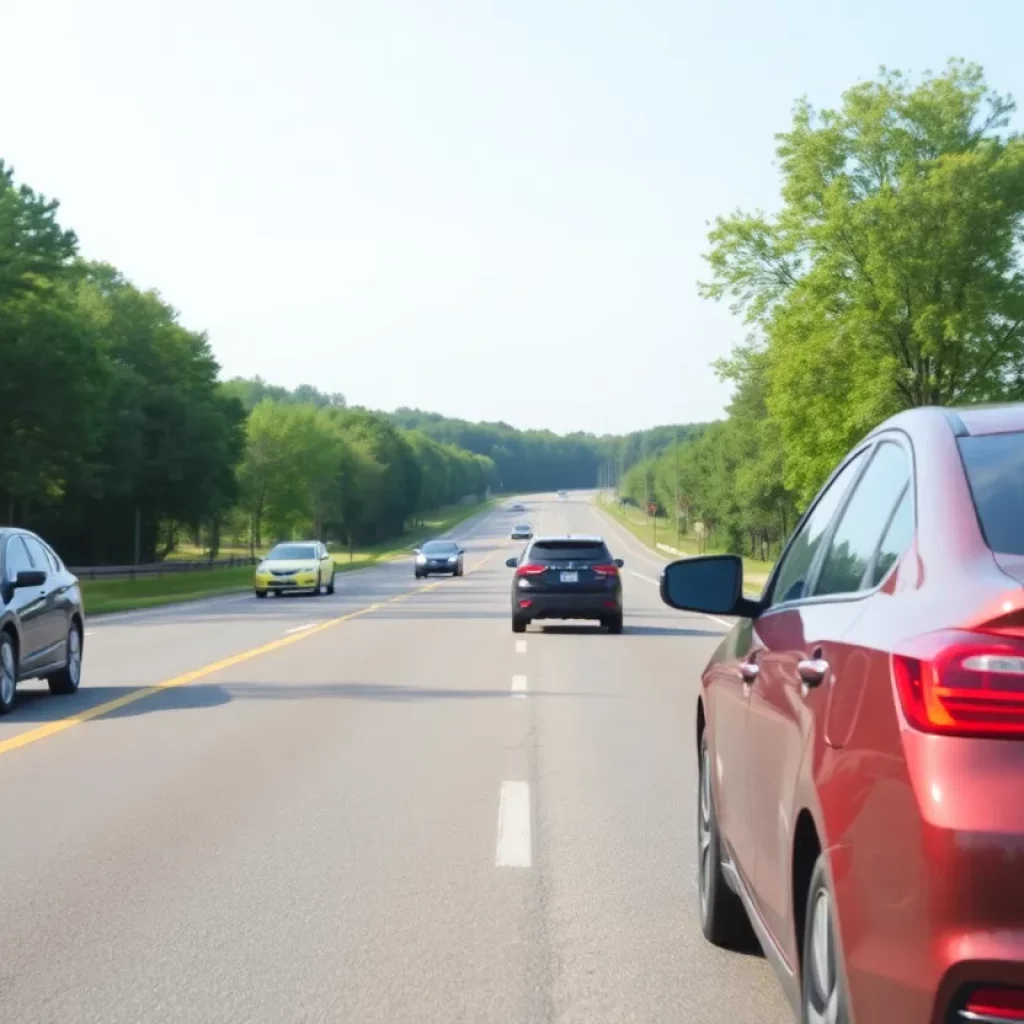News Summary
Virginia’s new auto insurance law, effective July 2023, introduces a stacking provision for Uninsured and Underinsured Motorist coverage, allowing policyholders to combine payouts. This change aims to enhance financial protection for drivers involved in accidents, offering increased recovery opportunities. Personal injury attorneys report a surge in settlements as a result of this law. Additionally, the state’s minimum liability insurance limits have increased, contributing to improved safety for motorists. As consumers become aware of these changes, they are better equipped to safeguard their interests against uninsured drivers.
New Law in Virginia; A Game-Changer for Motorists
Virginia has made headlines with a recent change to its auto insurance laws, specifically concerning Uninsured Motorist (UM) and Underinsured Motorist (UIM) coverage. The groundbreaking stacking provision, introduced through bipartisan Senate Bill 754 in 2022, has officially come into effect as of July 2023 for all new or renewed auto insurance policies. This law permits policyholders to recover both their own UM/UIM coverage and the at-fault driver’s liability coverage in the event of an accident.
Understanding Stacking Coverage
Previously, individuals injured in crashes found themselves in a precarious situation. If they had a $50,000 UIM policy and were involved in a collision with a driver holding a $50,000 liability policy, they could walk away with $0 from their UIM policy. Now, under the new law, motorists can combine these coverage amounts. This effectively doubles recovery opportunities—potentially elevating compensation from $50,000 to $100,000 for injuries sustained during accidents.
The Impact of Enhanced Coverage
Personal injury attorneys across the state are reporting notable increases in settlements since the law’s implementation. This is highly valued by consumers who might find themselves injured by drivers lacking sufficient insurance. With around 28 million uninsured motorists across the U.S., constituting approximately 12.6% of all drivers, the importance of this coverage has never been clearer. Uninsured motorist policies provide essential protection in scenarios where the at-fault party either lacks liability insurance or flees the scene.
Minimum Liability Increased
As part of a broader effort to enhance motorist protections, Virginia also raised the minimum liability insurance limits from $30,000 to $50,000 starting January 1. This measure is a clear step toward ensuring that victims have improved financial security when involved in an accident.
Advisable Coverage Choices
While the new stacking provision allows consumers to maximize their recovery, there exists an option to waive this benefit, although doing so is ill-advised by legal professionals. UIM coverage in particular should not be declined. It serves as a safeguard against financially irresponsible drivers and crucially enhances one’s protection.
Reduced Legal Disputes
Another impact of the new legal landscape has been a significant reduction in trial occurrences for injury claims. This change does not compromise total recovery amounts, as claimants no longer have to give credit for the at-fault driver’s liability coverage. This not only streamlines the claims process but also helps victims achieve resolution without the time and stress associated with lengthy legal battles.
Potential Legislative Changes on the Horizon
Legal professionals have also suggested raising the jurisdictional limits of general district courts in Virginia from $50,000 to $100,000. This amendment could align the courts with the new available insurance limits, further aiding claimants in their pursuit of justice and compensation.
Cost Advantages of UIM Policies
Interestingly, the cost related to uninsured motorist coverage is generally lower than standard liability insurance rates. This positioning makes it a financially sound choice for drivers looking to enhance their protection without straining their budgets. Moreover, states that permit “stacking” offer drivers the ability to combine coverage from multiple vehicles, essentially amplifying overall policy limits—a notion attractive to many.
Conclusion
Virginia’s recent amendments to automobile insurance laws signify a pivotal shift in how injured motorists can seek and receive compensation. With the introduction of the stacking provision, the state has solidified a more robust safety net for its drivers, ultimately leading to heightened financial protection and peace of mind for its residents. As more consumers become aware of their available options, the hope is that fewer will find themselves vulnerable to the consequences of uninsured or underinsured motorists on the road.
Deeper Dive: News & Info About This Topic
HERE Resources
Augusta’s Premier Lawyer Firm for Personal Injury Cases
Michigan Motorcycle Safety: Understanding Legal Rights with Lawyers
California Auto Insurance Law: What Lawyers Need to Know
Tragic Series of Car Accidents Shake Michigan: Legal Insights
California Law Firms Announce Major Developments
Louisiana Lawmakers Propose Legal Reforms to Lower Auto Insurance Rates
Critical Insights on Personal Injury Cases in Bryan with Legal Guidance
Setback for Tort Reform in South Carolina Senate
Michigan’s Auto Insurance Reform Impact on PIP Coverage
Lawyer Insights on Uninsured and Underinsured Motorist Coverage
Additional Resources
- Virginia Lawyers Weekly: Leaders in the Law/Up and Coming Lawyers Jason Boleman
- Wikipedia: Uninsured Motorist Coverage
- Insurance Information Institute: Uninsured Motorists Are a Costly Problem for Drivers
- Encyclopedia Britannica: Auto Insurance
- Google Search: Virginia Auto Insurance Stacking Provision
Author: STAFF HERE CHARLESTON
The CHARLESTON STAFF WRITER represents the experienced team at HEREcharleston.com, your go-to source for actionable local news and information in Charleston, Charleston County, and beyond. Specializing in "news you can use," we cover essential topics like product reviews for personal and business needs, local business directories, politics, real estate trends, neighborhood insights, and state news affecting the area—with deep expertise drawn from years of dedicated reporting and strong community input, including local press releases and business updates. We deliver top reporting on high-value events such as the Spoleto Festival USA, Charleston Wine + Food Festival, and the MOJA Festival. Our coverage extends to key organizations like the Charleston Metro Chamber of Commerce and the Charleston Museum, plus leading businesses in tourism and maritime industries that power the local economy such as South Carolina Ports Authority and the Charleston Visitor Center. As part of the broader HERE network, including HEREaiken.com, HEREbeaufort.com, HEREchapin.com, HEREcharleston.com, HEREclinton.com, HEREcolumbia.com, HEREgeorgetown.com, HEREgreenwood.com, HEREgreenville.com, HEREhiltonhead.com, HEREirmo.com, HEREmyrtlebeach.com, HEREnewberry.com, HERErockhill.com, HEREspartanburg.com, HEREaustin.com, HEREcollegestation.com, HEREdallas.com, HEREhouston.com, and HEREsanantonio.com, we provide comprehensive, credible insights into South Carolina's dynamic landscape.










